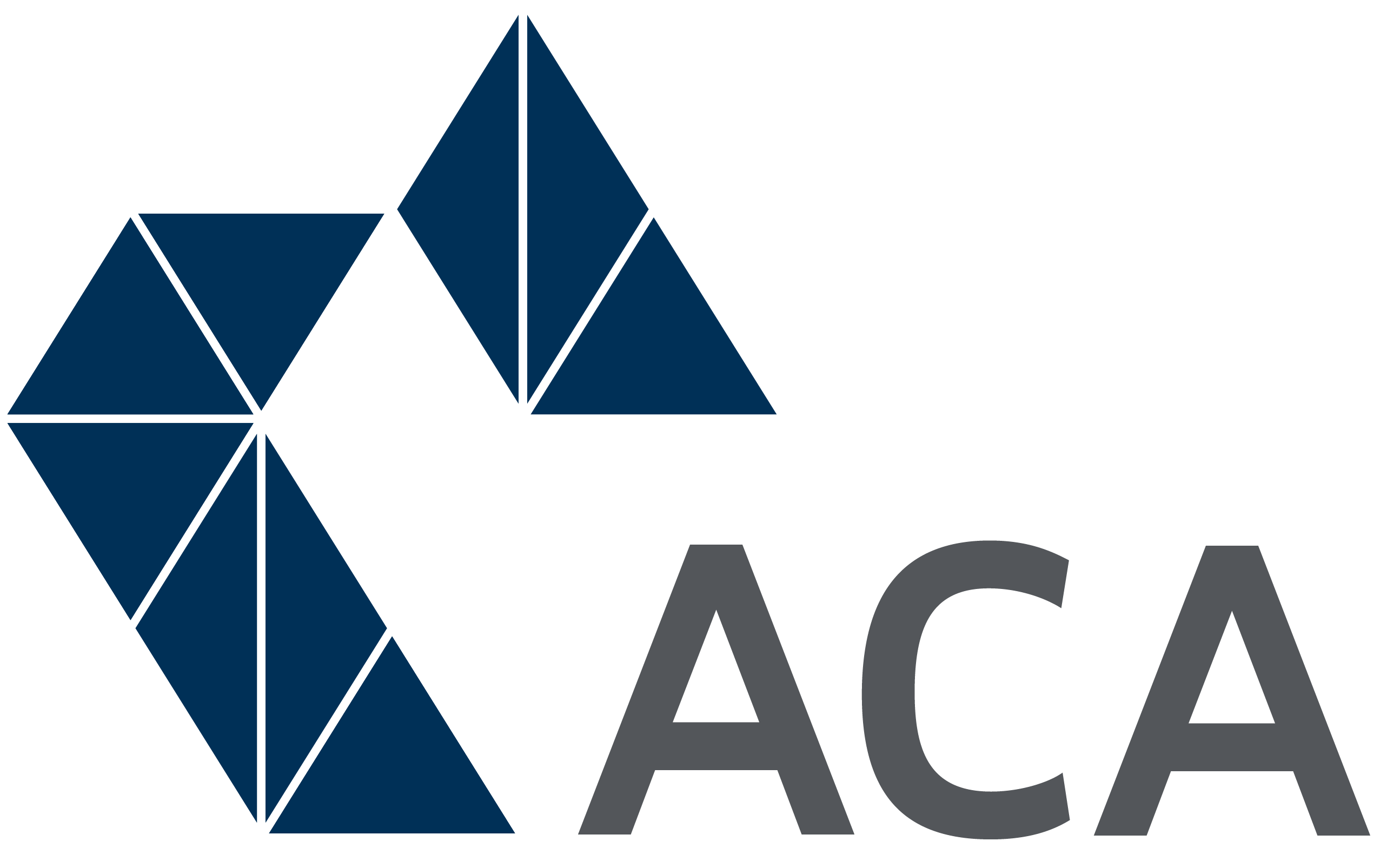With the election date approaching, it’s a useful exercise to compare what each political party is promising for the early learning sector.
From a sector perspective, the comparison illustrates just how far we’ve come in terms of the recognition of the benefits of early learning at the education policy level.
On a more practical note, the comparison is also a useful tool for voters.
Below is an overview of the various political party positions:
The Coalition
The new Child Care Subsidy was introduced by the Coalition on 1 July 2018. It was primarily designed to help families to participate in the workforce, as opposed to ensuring that all Australian children have access to a quality early learning program (hence it’s initial name the Jobs For Families package).
To date, the Coalition has not changed their approach in this space, claiming that since that policy was rolled out, a typical family is around $1,300 better off a year, with childcare out of pocket costs dropping by more than 10 per cent on average within the first six months of its introduction.
Whilst it is true that many working families are better off under the new system, the biggest weakness in the existing Child Care Subsidy system is that the subsidy is not available to all families. The subsidy only goes to those families that pass the activity test, which filters out families that don’t work or undertake any of the other acceptable activities such as study, running a business or caring for a relative.
The existing Child Care Subsidy provides a greater level of rebate to those families on lower incomes, with families earning up to $67,000 receiving a subsidy rate of 85 per cent. The subsidy rate decreases for families on higher incomes, with families earning over $351,000 ineligible for the rebate.
In the Federal Budget the Coalition (current government) announced funding of $450 million to extend Universal Access for another 12 months beyond 2019, but did not provide a long term commitment.
Other Federal Budget items included an investment of $4.0 million in 2019-20 for enhancements to the new Child Care Subsidy System (CCSS) and the Inclusion Support Portal, along with funding of $4.9 million over two years from 2019-20 to improve the national preschool data and also an initiative to improve preschool participation rates.
The Australian Labor Party (ALP)
The ALP has announced a range of initiatives that aim to support affordable quality early learning for all families and the provision of a well-trained work force in the sector.
These include:
- a $1.75bn funding commitment to giving both three and four-year-olds access to 600 hours of preschool or kindergarten (15 hours of subsidised kindergarten/preschool per week in the two years before school).
- increasing the Child Care Subsidy rate to 100 per cent up of the hourly fee cap for eligible families earning up to $69,000, with increased rates for all other eligible income brackets.
- a funding commitment of $537 million to give early childhood educators a 20% pay rise over 8 years.
The ALP has announced that the pay rise will be delivered in a way that ensures the costs are not passed on to parents. This item has sparked discussions in the early learning sector about how this funding will be delivered to approved providers, and what will happen to wages and costs to families beyond the 8 year period. Many approved providers are also concerned that there would be hidden or additional costs associated with the pay rise not covered by the government.
- giving the Australian Competition and Consumer Commission (ACCC) new powers to investigate excessive fee increases and make these findings public through childcarefinder.gov.au.
- giving the ACCC powers to undertake audits to check that approved providers pass on the pay rises in full.
It is not yet clear how this would be implemented and by what measures the ACCC would view fee increases as "excessive", so this is clearly a concern for the early learning sector.
- reviewing the Child Care Subsidy system for vulnerable children to address the identified issue of low take up of subsidised kindergarten/preschool programs.
The Australian Greens Party (the Greens)
The Greens have announced that they will abolish the activity test with the aim of making early learning services completely free for families earning up to $171, 958. (Abolishing the activity test along would not provide families with free early learning services, as the daily or sessional fees would vary from service to service.) Their plan would mean that all three and four-year-olds would receive 24 hours of early childhood education every week.
The Greens have also said they will dedicate $200m in funding to help early learning centres cut waiting lists, quarantine a proportion of the Community Childcare Fund for First Nations quality community-controlled and culturally safe integrated early years services and support for educators and carers.
The latest ALP promises have caused even greater speculation about which of the two major parties will win the election. We're really heartened that all sides of politics have shown they recognise the benefits of early learning, with each party varying in the extent to which they support the provision of affordable quality three and four year old kindergarten/preschool programs.
ACA has asked the Coalition to match and better the ALP's increased Child Care Subsidy rates.
We have also joined forces with the Early Learning and Care Council of Australia (ELACCA) and Australian Community Children's Services (ACCS) to produce a "Federal election early learning scorecard" which provides a very clear snapshot of how the major parties aim to support the early learning sector.
We're looking forward to sharing this scorecard next week.
Whatever the election outcome and the balance of power in the Senate, ACA will be working closely with all key political stakeholders to ensure that the benefits of early learning are recognised and adequately funded in a way that best benefits the sector.











